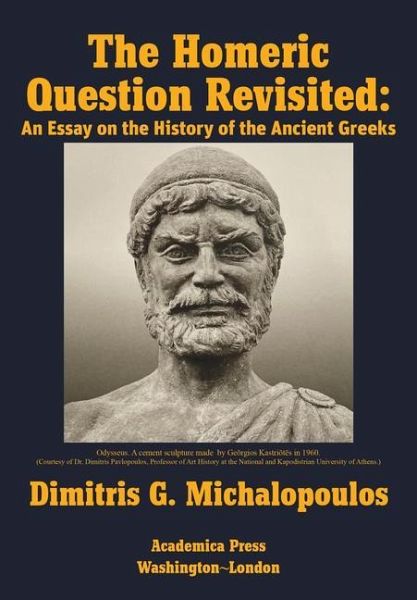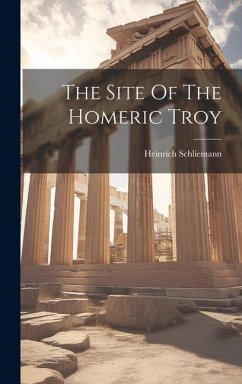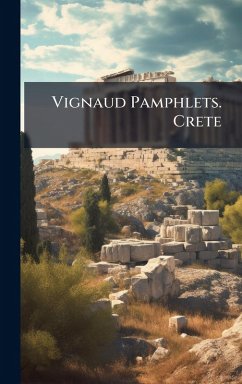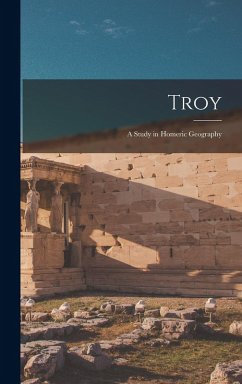
The Homeric Question Revisited
An Essay on the History of the Ancient Greeks

PAYBACK Punkte
69 °P sammeln!
How did Socrates and Plato know that our planet is shaped like a ball? How were they aware that the earth has twelve tectonic plates? Were the Persians conquered at the naval battle of Salamis thanks to missiles launched from the nearby Thriasion Plain? How can Theocritus' accurate knowledge of the American continent and Plutarch's awareness of the Sargasso Sea be explained? Who was the real victor of the Trojan War, the Greeks or the Trojans? Can the aftermath of that legendary war in Anatolia be regarded as proof that the Greeks were conquered by the Trojans and not vice-versa? In point of f...
How did Socrates and Plato know that our planet is shaped like a ball? How were they aware that the earth has twelve tectonic plates? Were the Persians conquered at the naval battle of Salamis thanks to missiles launched from the nearby Thriasion Plain? How can Theocritus' accurate knowledge of the American continent and Plutarch's awareness of the Sargasso Sea be explained? Who was the real victor of the Trojan War, the Greeks or the Trojans? Can the aftermath of that legendary war in Anatolia be regarded as proof that the Greeks were conquered by the Trojans and not vice-versa? In point of fact, almost the whole of ancient Greek civilization is still an enigma. This book, taking as its starting point the assurance of Strabo, the famous geographer of the age of Pax Romana, that Odysseus's peregrinations took place in the Atlantic Ocean, provides evidence for the veracity of this statement.














